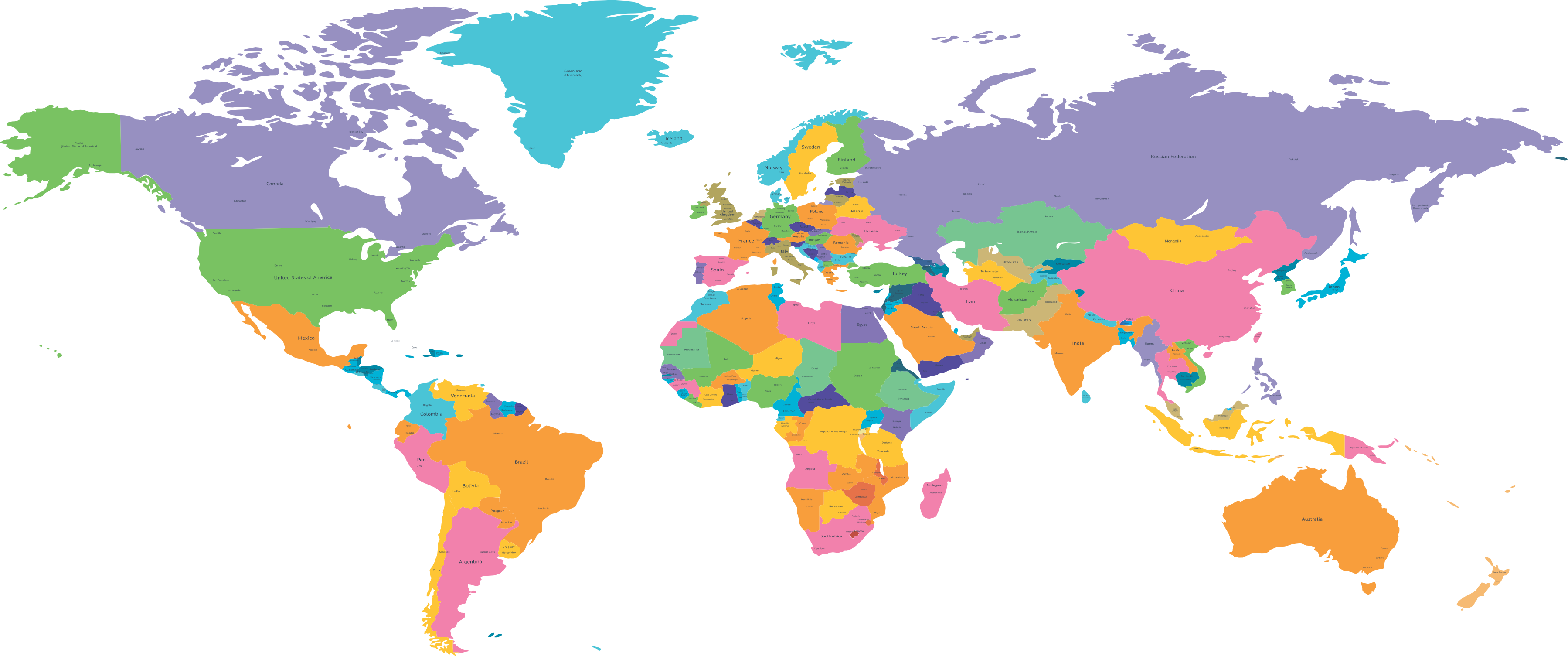Women's Treatment and Role in Blindly-Followed Tradition in Jackson's The Lottery: Feminist Perspective
DOI:
https://doi.org/10.55737/rl.2025.43097Keywords:
Male-dominated Society, The Second Sex, The Lottery, Other Beings, Simon De Beauvoir, Feminism, Textual analysisAbstract
Blindly following traditions in a male-dominated society has unwanted consequences, especially for women. A significant number of studies can be found regarding the subjugation and marginalization of women, but very little focus has been given to the blindly followed traditions set by men in a male-dominated society. Hence, this research tends to explore the role of women in a deeply traditional and custom-rooted society, and women's treatment as "Other beings" utilizing the feminist perspective backed by the concept given in "The Second Sex" (De Beauvoir, 2016). Simone de Beauvoir (2016) particularly discusses women's roles in traditional societies and their link to male authority. Furthermore, this research is qualitative in nature and textual analysis has been employed (McKee, 2001). However, the data have been collected from the short story The Lottery by Jackson. The findings suggest that women are treated as "Other beings" and their role is subdued in the blindly followed traditions of patriarchal society.
References
Allen, A. (2005, October 19). Feminist Perspectives on Power. Stanford Encyclopedia of Philosophy. https://plato.stanford.edu/entries/feminist-power/
Anoosheh, S. M., & Oroskhan, M. H. (2018). Examining Durkheim's model of suicide on Shirley Jackson's Lottery. International Letters of Social and Humanistic Sciences, 83, 31-38. https://doi.org/10.18052/www.scipress.com/ILSHS.83.31
Bergoffen, D., & Burke, M. (2004). Simone de Beauvoir. Seop.illc.uva.nl. https://seop.illc.uva.nl/entries/beauvoir/#SecoSexWomaOthe
De Beauvoir, S. (2016). The second sex. In Social Theory Re-Wired (pp. 367-377). Routledge..
Hakaraia, T. (2019). Shirley Jackson’s ‘The Lottery,’ and William Empson’s Seven Types of Ambiguity. Humanities, 8(3), 137. https://doi.org/10.3390/h8030137
Ismael, Z. I., & Ali, S. A. K. (2018). Human Rights at Stake: Shirley Jackson’s Social and Political Protest in “The Lottery”. International Journal of Applied Linguistics and English Literature, 7(6), 28–36. http://dx.doi.org/10.7575/aiac.ijalel.v.7n.6p.28
McKee, A. (2001). A beginner's guide to textual analysis. Metro Magazine: Media & Education Magazine, (127/128), 138-149. https://search.informit.org/doi/abs/10.3316/ielapa.734106894568202
Robinson, M. (2019). Shirley Jackson’s “The Lottery” and Holocaust Literature. Humanities, 8(1), 35. https://doi.org/10.3390/h8010035
Sari, F. A., & Tur, A. P. A. (2019). Reshaping the Society Face through The Culture of Horror Told in Shirley Jackson’s The Lottery. Notion: Journal of Linguistics, Literature, and Culture, 1(1), 1–7. http://dx.doi.org/10.12928/notion.v1i1.709
Syam, E., & Syamsidar, R. (2018). The Elements of Paganism as Reflected in Shirley Jackson’s “The Lottery”. IOP Conference Series: Earth and Environmental Science, 175(1), 012086. http://dx.doi.org/10.1088/1755-1315/175/1/012086
Turkie, M. S. (2019). Dystopian Society in Shirley Jackson’s “The Lottery”. International Journal of Research in Social Sciences and Humanities, 9(1), 1-20. https://ijrssh.com/admin/upload/03%20May%20Mohammed.pdf




